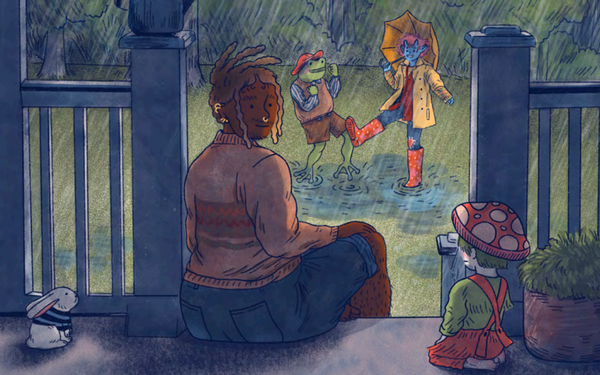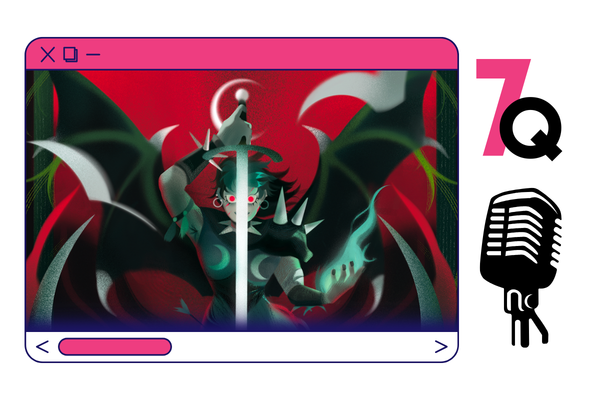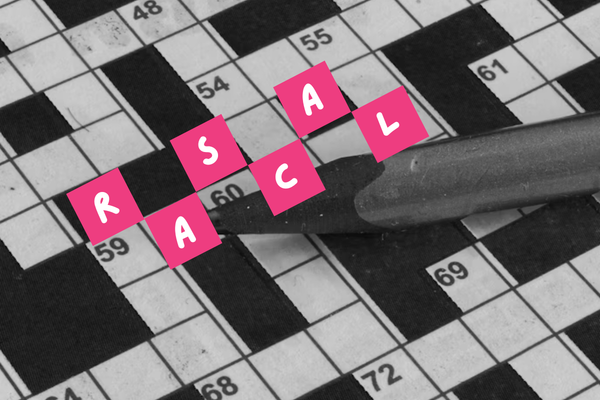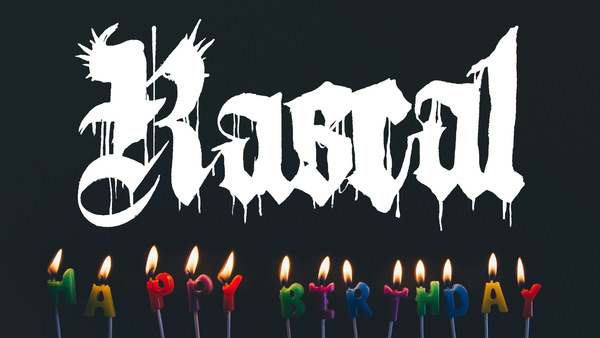Canadian Creators United seeks to build a collective for Canadian designers
Overcoming the odds together.
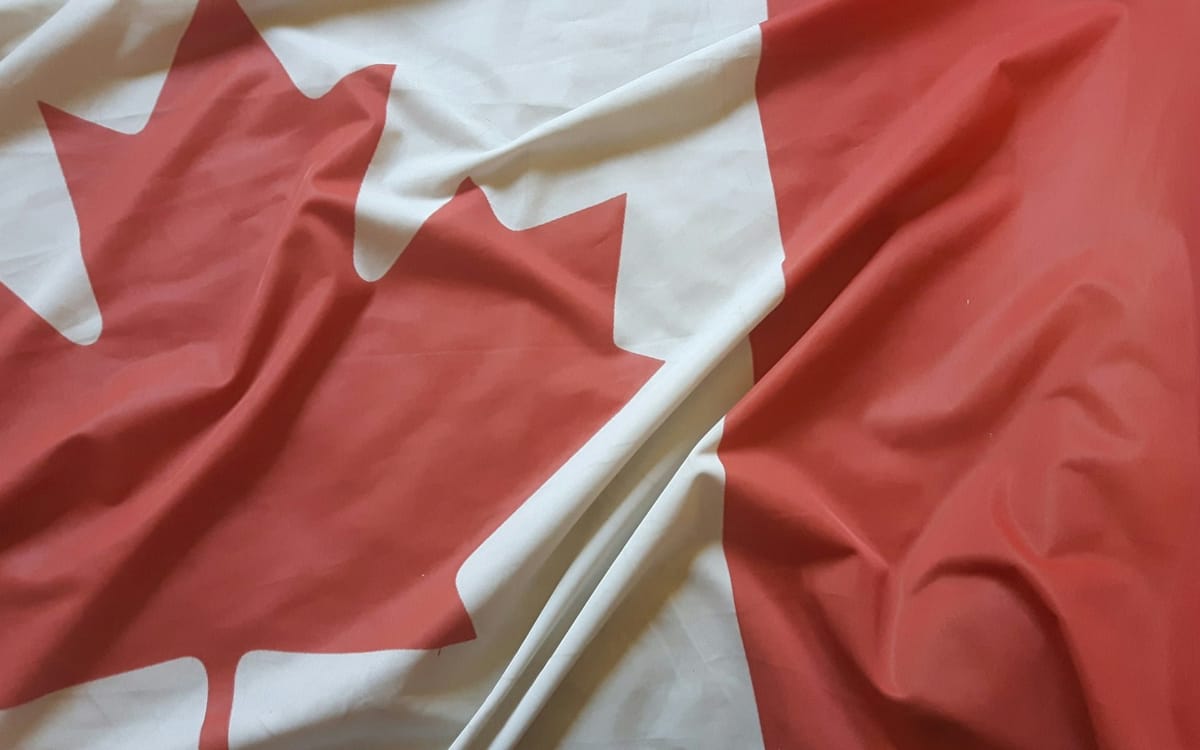
Many indie designers work in isolation, crafting and refining their prototypes by themselves. Even as a small team, members often work remotely from one another. While this independence and autonomy can be rewarding, the disconnected nature of solo or remote development comes with its own set of issues — a situation that developer Patrick Dubuc knows all too well.
“My path as a solo tabletop roleplaying game creator at Big Bite Games was fundamentally defined by two key challenges,” he told Rascal over email. “First, the professional isolation. I'm a very social creature, and while you can make friends online, the day-to-day work of a solo creator lacks the spontaneous energy of a shared creative space. The second was the solo creator skillset ceiling. Let's be realistic: no one can be an expert in everything required to bring a TTRPG to life. This often meant projects stalled or I had to compromise on my vision.”
At the same time, Dubuc explained that Canadian creators face a gamut of obstacles: a global tabletop RPG landscape dominated by large publishers, massive production and shipping costs, and the lack of domestic industry conventions. And for creators who sell physical products, Quebec’s Law 96 (Bill 96) has introduced new language requirements, which states that packaging and labels need to contain mandatory information in French — a regulation Dubuc said disproportionately affects English-speaking creators. This is why he set up the Canadian Creators United (CCU), which seeks to foster a community for their members, build a support network that lets creators pool their resources together, and share opportunities, such as working with Compose Dream Games, a local RPG distributor. In addition, he hopes that CCU will also serve as a trusted space for members to freely exchange knowledge and advice. “We're not a union or a cooperative but rather a lightweight, non-hierarchical collective built on collaboration and mutual support,” he added.
As a facilitator for the CCU, Dubuc explained that a broader goal is to help Canadian creators amplify their works locally, such as participating in local events and conventions, with designers presenting their games through CCU. At the same time, the organization is looking to help designers make their mark on the global RPG landscape. To do so, he plans to incorporate the CCU as a non-profit organization, which will grant them access to resources such as micro-grants, government funding, and community fundraising. This is pivotal to Dubuc, because being recognized as a Canadian nonprofit can offer the collective both credibility and the legal capacity to receive such funding reliably and responsibly, while preserving its core values of independence and creativity.
"We're not a union or a cooperative but rather a lightweight, non-hierarchical collective built on collaboration and mutual support."
Right now, the CCU is focused on laying the groundwork: launching websites and social media channels, setting up communication tools for members, and putting together promotional activities. “Our charter is almost done,” said Dubuc. “We're in the process of onboarding members and setting up our first initiatives. The official public launch is planned for later this year once our platforms are live, and we have a solid core of members ready to showcase their work.” Currently 30 members strong, including creators like Spotless Dice Games, Wendigo Workshop, and solo designer Brandon Eby, Dubuc expects to see the CCU expand when it’s officially launched.
“We want all Canadian TTRPG and LARP creatives to know that they don't have to do this all alone. CCU is here to celebrate, support, and amplify your work while respecting your independence,” says Dubuc. “If you're looking for an inclusive community, visibility, and mutual support, CCU is there for you.”
He also added a final line in French: "Et nous voulons faire savoir à la communauté francophone canadienne que nous sommes aussi là pour vous…", which translates to, “And we want to let the French-speaking Canadian community know that we are here for you, too.”


